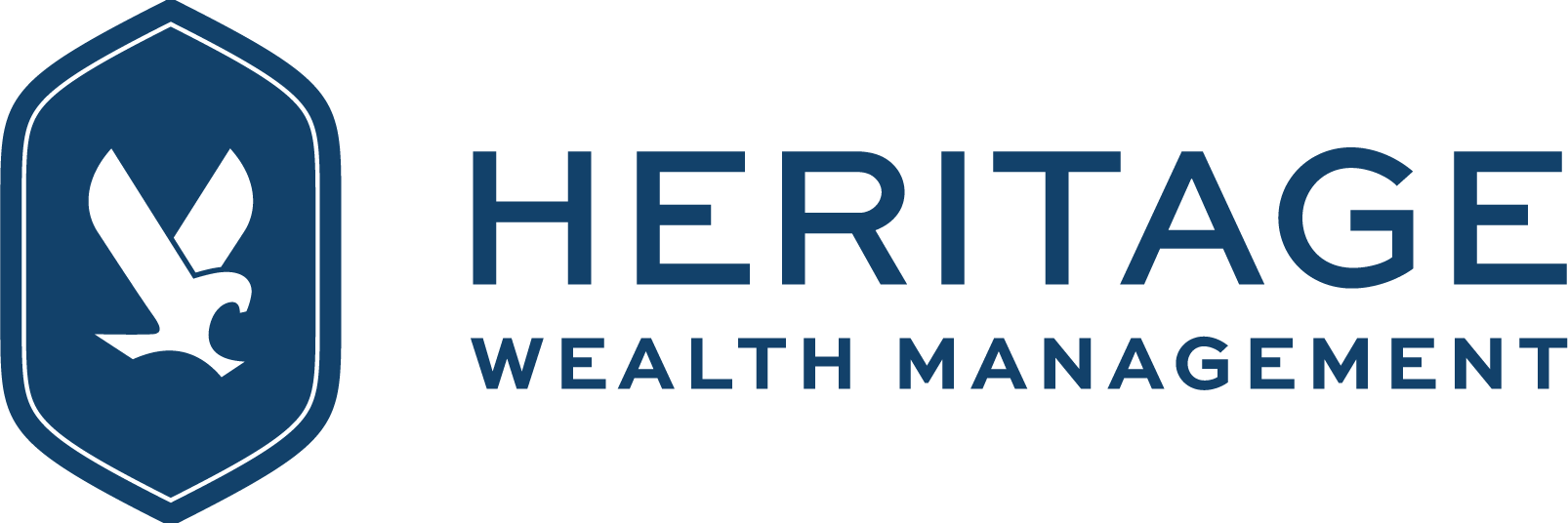The Importance of a CFO in a Startup

Startups don’t run on dreams alone. That first spark of excitement—the idea, the product, the early traction—can carry a team through the beginning. But then reality shows up wearing a spreadsheet. Suddenly, the cash that felt endless starts dripping away. Payroll creeps up. Software costs pile on. Clients pay late. Investors want answers. It’s here that the fantasy of “figuring it out later” starts to collapse. And what most founders realize, often too late, is that money problems aren’t always about revenue. They’re usually about flow. That’s where a good CFO changes everything.
But let’s back up for a second—because not every startup can afford a full-time CFO. That doesn’t mean they don’t need one. More and more, fractional CFOs are stepping in to bridge the gap, offering something smarter, leaner, and much more aligned with the pace of early-stage companies. And when a founder finally works with someone who knows how money moves, the change isn’t subtle. It’s a full-on shift in how the business operates.
The Difference a CFO Actually Makes
Cash flow is one of those phrases that sounds boring until it becomes terrifying. It’s easy to confuse profitability with having money in the bank. But cash flow deals with timing. When it’s managed well, the business breathes. When it’s ignored, everything feels like it’s teetering on the edge. A skilled CFO can look at every number and know what’s about to hit before it does. They see patterns. They catch inefficiencies. They plan for what’s coming.
That kind of insight is often missing in early-stage teams, especially when the founder wears six different hats and the books are handled by a part-time bookkeeper who also runs payroll. A real CFO brings clarity. They don’t just track numbers—they explain them, they give meaning to trends, and they tell you what decisions make sense right now versus six months from now.
Why CFO Staffing Services Work for Lean Teams
Hiring a full-time CFO is expensive. Startups know this. And honestly, it’s not always necessary in the early stages. What’s needed is access to the mind of a CFO without the full-time price tag. That’s where CFO staffing services come in. They give companies the ability to work with experienced finance professionals on a part-time or fractional basis, which fits the fast-changing nature of most startups.
These services don’t just plug in a body—they connect companies with someone who understands fundraising, forecasts, and cash flow management on a real level. A good fractional CFO doesn’t just report the numbers—they reshape them. They’ll help restructure your burn rate without killing growth. They’ll create models that make sense to investors and help you raise without over-promising. They’re not just there for the ride. They drive.

This kind of support doesn’t just help in a financial sense—it brings peace of mind. Founders stop guessing. They start planning with someone who has already seen what works and what doesn’t. They get access to clarity, focus, and decision-making skills that usually take years to build.
Making Better Decisions with Better Data
One of the biggest advantages of working with a seasoned CFO is the ability to see beyond the surface. Many startups rely on instinct. And while gut feelings can be powerful in the beginning, they can’t tell you when your runway runs out. A CFO builds models. They dig into actual numbers. They ask questions that often get ignored—questions about margins, recurring costs, team size, and pricing structure.
But here’s the key difference: the good ones don’t just throw spreadsheets at you. They simplify the story. They connect the dots between data and decisions. Suddenly, you’re not just reacting—you’re thinking ahead. That kind of financial storytelling is what separates founders who burn out from those who scale up.
In one moment, they’re helping you stretch your current cash across the next quarter. In another, they’re laying out the long-term strategy that can attract a new round of funding. That mix of short-term survival and long-term planning is where strategic planning for growth takes root. It’s not about being safe. It’s about being smart. Every decision starts to feel like it belongs to a bigger picture.
Your CFO Should Speak Startup
There’s a reason some CFOs never quite click with founders—they come from big corporate worlds and think in old-school terms. Startups don’t need a bureaucrat. They need someone who gets the pace, the pivoting, the chaos, and the urgency. Fractional CFOs who specialize in early-stage work know how to balance structure with flexibility.
They’re not going to give you a 40-page financial report that no one reads. They’ll tell you the five numbers that matter. They’ll ask what’s keeping you up at night, then build a solution that actually addresses it. They know when to hold back and when to push. They can help you decide if it’s time to hire or time to hold. They’ve seen launches, stumbles, and investor meetings go sideways—and they still show up calm, collected, and ready.
Because here’s the secret: money isn’t just numbers. It’s behavior. It’s trust. It’s a strategy. And a good CFO doesn’t just manage your money—they help shape the way your company grows into itself.
The Growth You Didn’t Know You Were Missing
When a startup gets access to the right CFO at the right time, things feel different. Pressure turns into planning. Guesswork turns into guidance. Panic fades. A founder might still be juggling a dozen things, but with a financial pro in their corner, they’re not doing it blind. They’ve got a partner who sees around corners.
And in the end, that changes more than just the balance sheet. It shifts the entire direction of the company.

